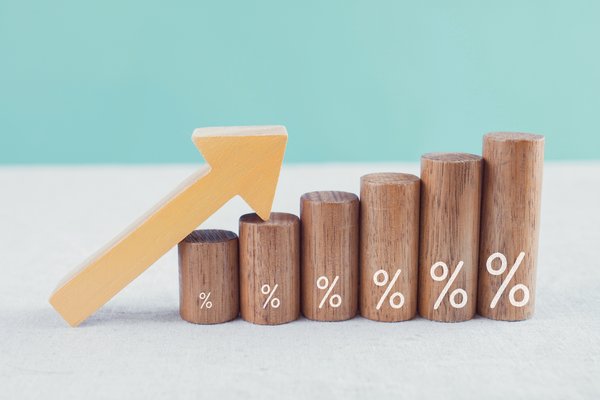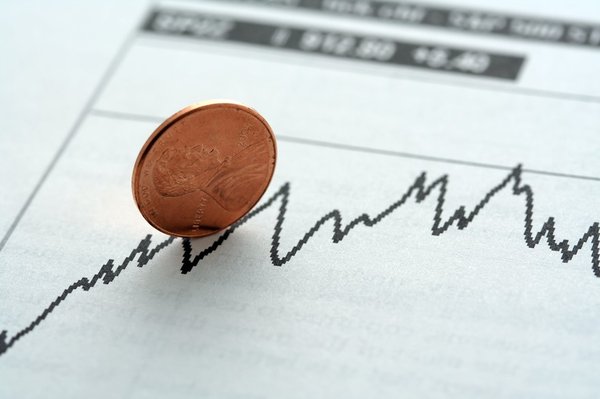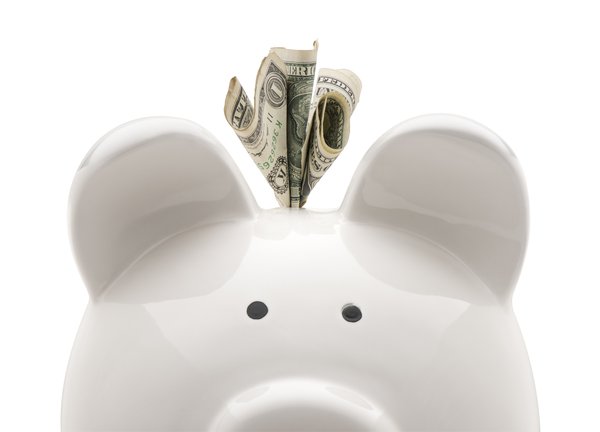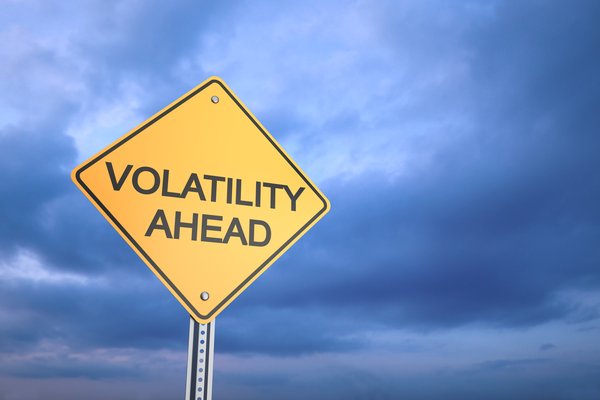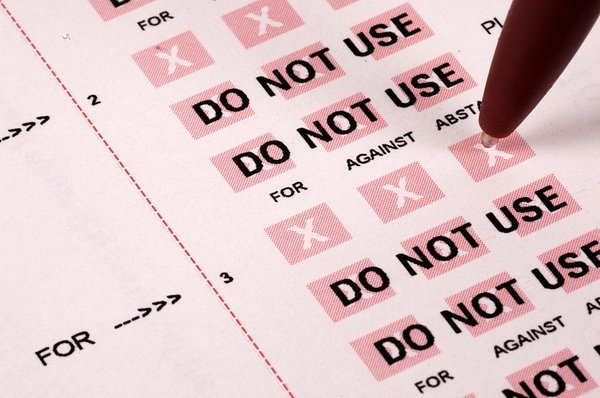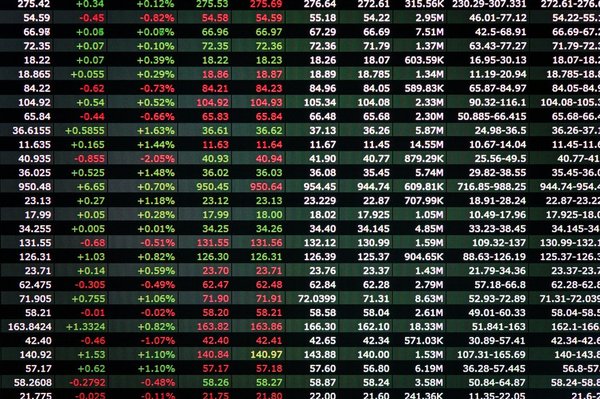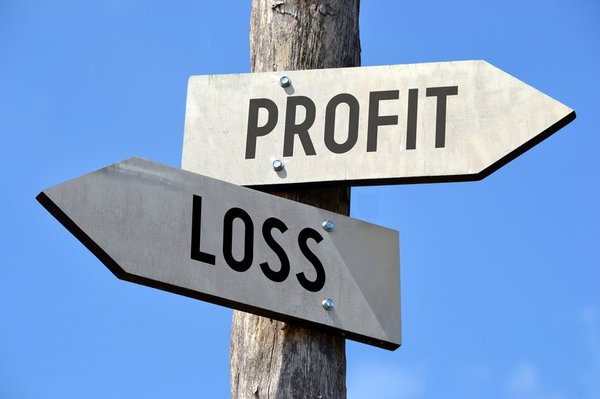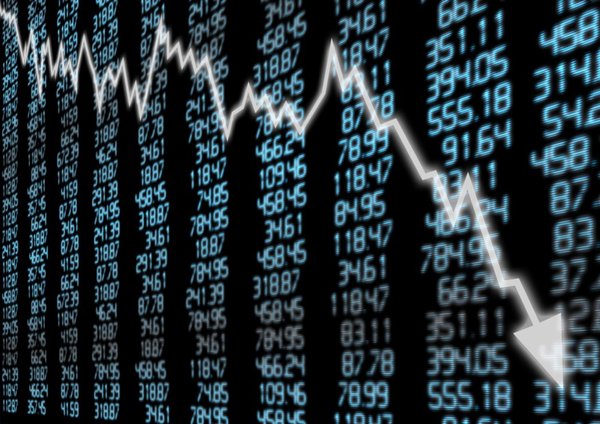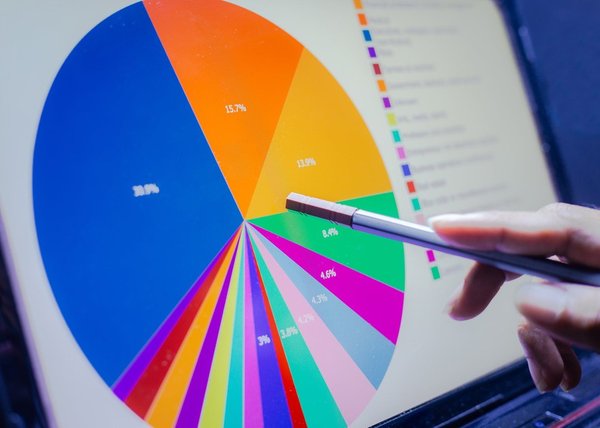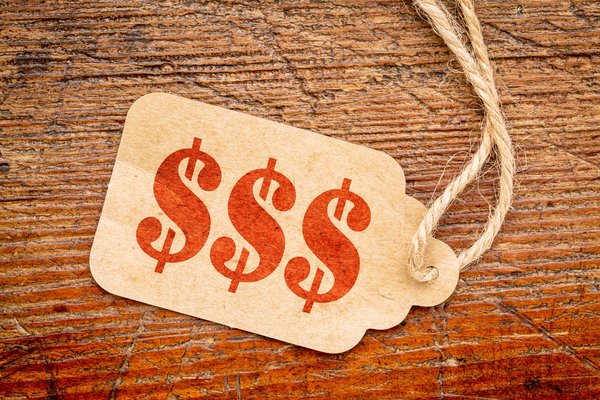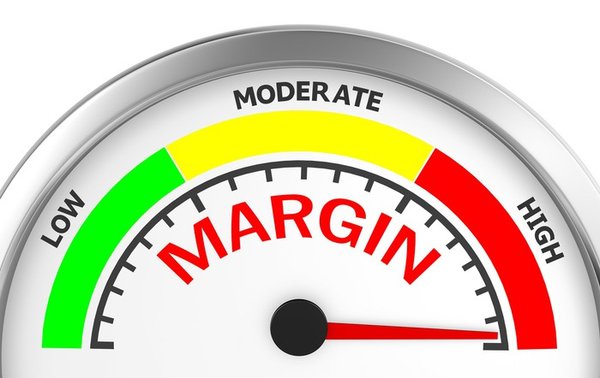The amount of financial news published these days is staggering. The volume of news and analysis could drop by 90% and it would still be completely overwhelming.

How do you make use of it all? As a financial writer who spends an embarrassing amount of time sifting through stock-related news, here are a few things I've come to terms with.
Read things you know you're going to disagree with
There is so much media content today that you can always find someone who agrees with you. Bullish on Apple (NASDAQ:AAPL)? Thousands of writers are, too. Think the government is a giant conspiracy? There are countless blogs for that. Think the global recession was caused by celestial bodies falling out of alignment? I'm not kidding, folks-- there are blogs for that (and I'm doing you a favor by not linking to them).
The huge diversity of opinions makes readers vulnerable to something called confirmation bias. It's when you start with an answer, and then dig for information that backs it up. It's really dangerous because once you find someone else who agrees with you, you become more convinced that you are right -- even though you can find someone who agrees with you about literally anything.
In investing, Berkshire Hathaway (NYSE:BRK.B) Vice Chairman Charlie Munger advocates the intellectual approach of Charles Darwin, who regularly tried to disprove his own theories. I'd recommend doing the same with financial news. You will probably learn the most from people you disagree with. They cause you to challenge your existing beliefs, many of which may be driven more by emotion than by fact.
You don't have to get crazy with this. But whenever you're convinced of a trend or a theory, go out of your way to read the counterargument. At worst, you continue to disagree with it. At best -- and quite frequently -- you gain a perspective you'd never thought of before.
Read old news
As Black Swan author Nassim Taleb writes, "To be completely cured of newspapers, spend a year reading the previous week's newspapers."
It is treated as a given that old news loses value. I disagree. Reading old news can provide far more insight than current news.
The value in prediction-type articles -- which make up a big portion of financial news -- comes months or years after they are published when you can see how hopelessly inaccurate they were.
Take this headline from March 2020: "Dow drops nearly 3,000 points, as coronavirus collapse continues; worst day since '87."
That wasn't a bad prediction, of course. It's what actually happened, and it felt like a big deal at the time. But a year later, how many people still care about it? No one. The Dow Jones (INDEX: ^DJI) has regained all of its losses and then some. What seemed monumental then is irrelevant now. You only gain that perspective in hindsight.
That's an extreme example. But read enough old news, and you quickly realize two things: The majority of predictions never come close to being true, and most of what we think is important news is trivial in the long run. Once you become convinced of this, you react differently to today's newspaper.
Read a mix of professional and amateur content
Professional journalists -- those at The Wall Street Journal, New York Times, Financial Times, and so on -- will always be more factually accurate, have better access to reputable sources, and can dig deeper into a subject than most amateur bloggers.
But they also have deadlines, quotas, and bosses with quarterly earnings to worry about. That makes them susceptible to turning non-news into something meant to sound important. The best examples are journalists ascribing reason to daily market moves. "Dow Falls on Profit-Taking," for instance. No one knows what that means.
On the other hand, amateur bloggers tend to write only when they have something meaningful to say (although there are exceptions). When stumped, they just don't publish anything, sometimes for days on end. It's no big deal. They only answer to readers, who demand quality and nothing else.
Ideally, you should read a healthy mix of both and never one or the other.
Related investing topics
Don't think every news story is actionable
This might be the most important. There are thousands of news articles published every day. Very, very few of them should ever compel you to action.
Quarterly earnings news stories rarely provide anything substantive enough to cause you to buy or sell. Same for industry trade news, analyst upgrades and downgrades, and -- especially -- economic reports.
Most financial news should, at best, be treated as something that incrementally helps you understand the big picture. If you find yourself tempted to tweak your portfolio after reading news, do your future self a favor and read less of it.













